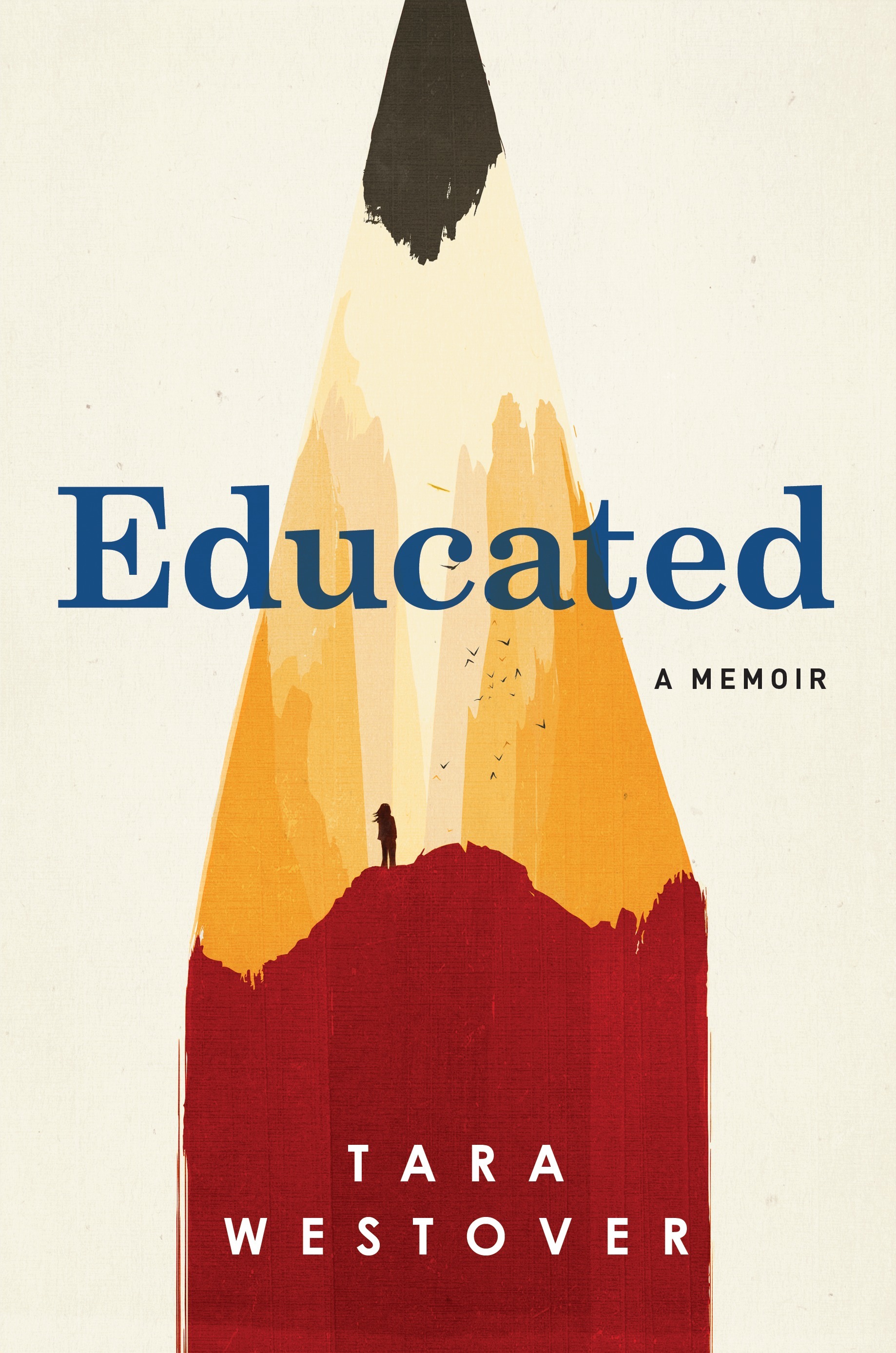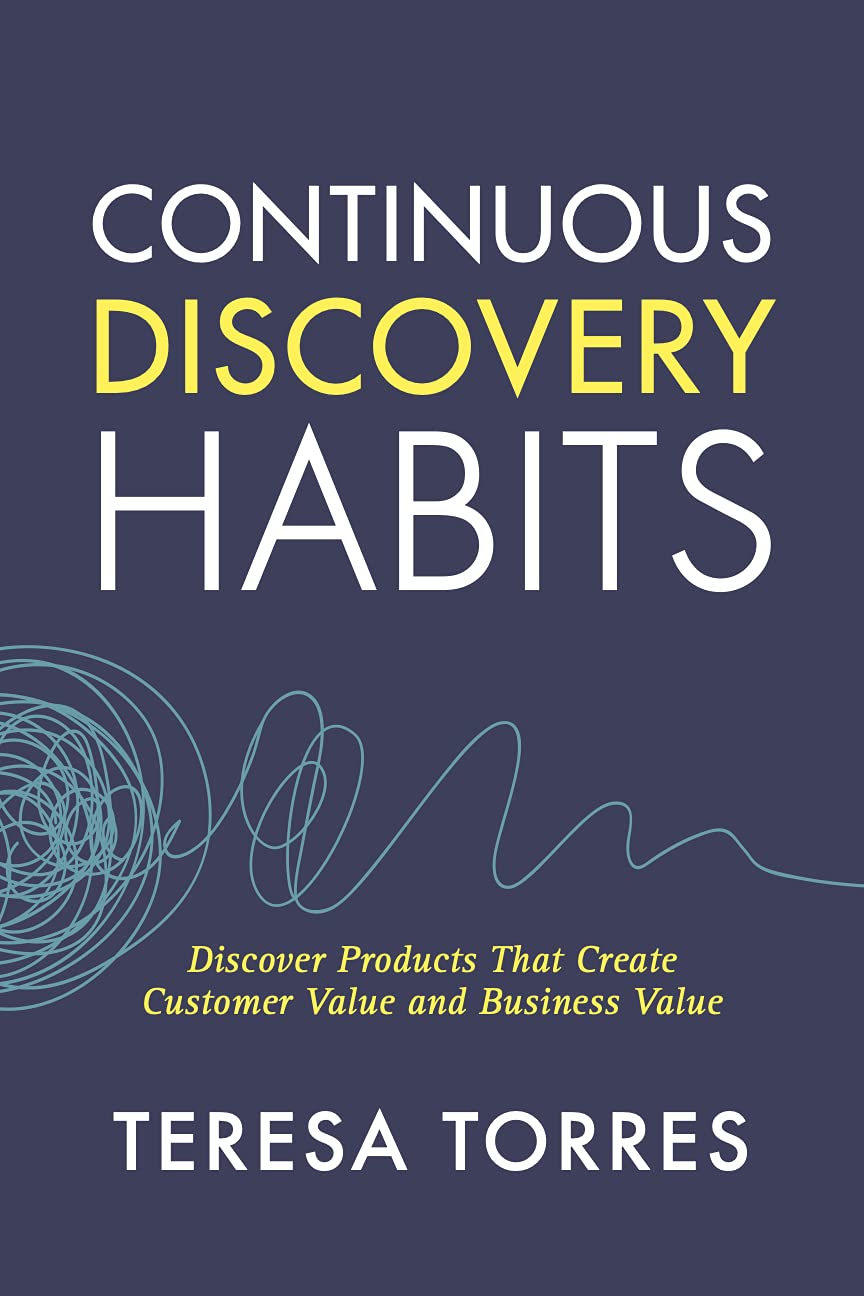Beginning of Infinity
This book was first recommended in Naval Ravikant’s Almanack. I didn’t give this book enough attention, until I came across the joint podcast of Naval with David Deutsch on the Tim Ferris show. I have always thought of epistemology as a dry boring philosophy topic, but only after coming across this work did I actually realise the gravity of this topic.
Everything ultimately boils down to epistemology. The way we organise our “justified true beliefs” gives us a lot of insight on what we perceive around the universe. For a thinking person, it’s quite important to get this correct. Without this, all our logics, debates and conclusions fall down just like a house of cards.
Critical Rationalism - Deutsch’s central epistemological framework - argues that knowledge progresses through conjectures and refutations rather than inductive verification. This turns traditional epistemology on its head: instead of seeking to “justify” beliefs, we should vigorously attempt to falsify them while proposing increasingly better explanations.
The power lies in its inversion of cognitive effort. Where others try to support their views with evidence, critical rationalism demands we:
- State claims boldly and precisely (no “it depends” hedges)
- Actively seek contradictions in existing explanations
- Replace flawed theories with more error-resistant ones - not as final truths, but better approximations
This creates an anti-fragile thinking system. Consider scientific theories: Newtonian physics wasn’t “proven true” - it survived intense criticism until relativity offered superior explanatory power. The theories we keep are those that withstand our most creative attempts to destroy them.
Applied personally, this means:
- Treat all beliefs as temporary containers (even this one)
- When encountering conflicting information, don’t rationalize - let the contradiction break your current understanding
- Build mental models that thrive on criticism rather than collapse under it
Debates become error-correction sessions. You’re not defending positions, but stress-testing them. As Deutsch notes: “Problems are inevitable, but problems are soluble.” The solution to any flawed belief isn’t defensive certainty, but a better belief that explains more while resisting refutation.
This framework makes you a merciless thought editor. You’ll catch yourself thinking “What evidence would make me abandon this position?” before getting attached to ideas. Over time, you develop epistemic grit - the ability to hold beliefs strongly while remaining eager to discard them for superior alternatives.


